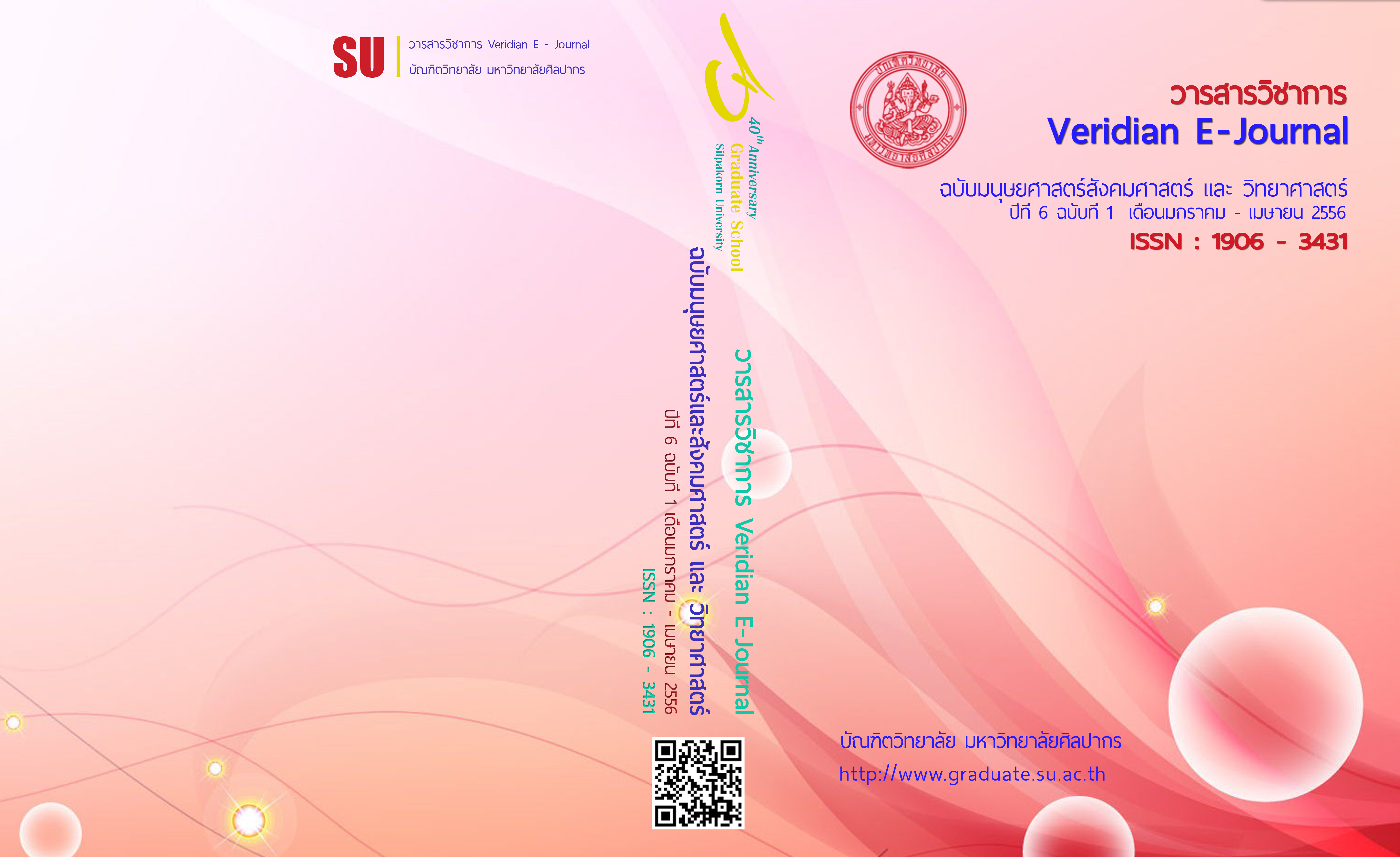Craft Communities in Urban Space, Bangkok: Authenticity, Transformation and Preservation
Main Article Content
Abstract
Handicraft is one of the significant intangible cultural heritages of Thailand as a country of craftsmanship. This study investigates the survival of the handicraft communities in Bangkok, in the context of globalization and industrial thinking in the 2010s. The objective is to study the changes in intangible heritage and in handicraft, related to global culture and economic strategy in the twenty-first century. The research is also contributed to preserving the craft communities in Bangkok.
The study has concentrated on three handicraft communities of Bangkok where mostly the original craftsmen still work. They are Ban Bu community, Pradittorakan community and Ban Batre community which are known as old, craft-based communities. Ban Bu is a bronze craft community which produces the traditional bronze water jars. The Pradittorakan community has also produced handicraft from bronze but in forms of cutlery, with a mini-factory production system rather than the usual behavior of local handicraft production. And lastly, the Ban Batre community works on religious craftwork in the form of the monk’s alms bowl which is, apart from its function, an object embedded in national culture through the strong belief in Buddhism.
Site visits and open-ended, in-depth interviews are used for the data collection, to explore those communities regarding their evolution. The key informants are heads of craft houses, craftsmen, local residents, handicraft sellers and buyers, and also the government officers who interact with such communities. The analysis deals with topics of authenticity and nostalgia, craft transformation as luxury craft and souvenir craft, and the possibility of preserving an urban handicraft community.
Result of the study has shown the tendency of the transformation of handicrafts to craft art products in the craft business in Bangkok. The craft occupation and urban space nowadays seem unable to reconcile. However, the survival of craft communities is depended on the local communities themselves.

